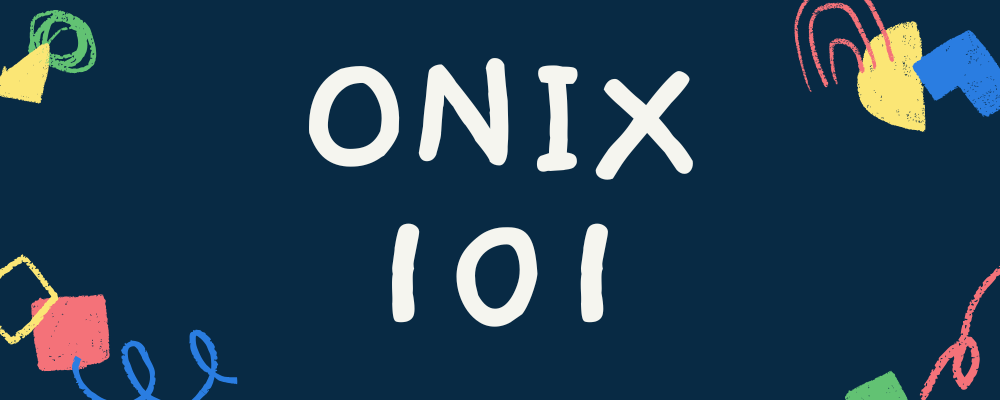
Learn about ONIX for Books.
A lot of software vendors and some firms go to great lengths to prepare ONIX files tailored to markets, creating separate files by certification standards for BISG, BookNet, and BIC. And some ONIX senders tailor their output based on what a retailer requests.
At BookNet Canada, we think that so long as the ONIX file is a properly prepared XML document it shouldn’t matter. Here’s why.
What is XML? is the first in a series of BNC 101 blog posts where we’re going to try our best to break down some of the complex tech concepts we talk about all the time into plain language.
XML is a term that gets thrown around the publishing industry a lot, but what does it actually mean?
In conferences and sessions we often discuss XML based publishing workflows…a concept I love, but I term I hate. Concept — content that is single sourced, marked up and is used to drive a plethora of end uses (i.e. pbook, ebook, web content, app, etc…). Why do I hate it? It is scary, maybe not to everyone, but to enough people in the “content business” that the term itself can often kill any hope of implementation.
Here’s why we need solutions that take the scary out of XML publishing workflows.
On December 9th and 10th I attended the ACP ’s CPDS (Canadian Publishers Digital Services) Digital Publishing Workshop, which focused on real solutions for the average Canadian publisher. I’m a BookNetter and not a publisher, but I managed to sneak my way into this workshop after I agreed to speak at it—more on that to follow.
This two-day workshop dived into the dirt of ePub production on day one and focused on practical solutions for digital workflow on day two.

BookNet Canada is a non-profit organization that develops technology, standards, and education to serve the Canadian book industry. Founded in 2002 to address systemic challenges in the industry, BookNet Canada supports publishing companies, booksellers, wholesalers, distributors, sales agents, industry associations, literary agents, media, and libraries across the country.